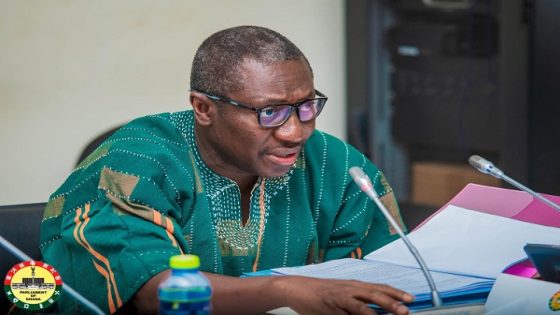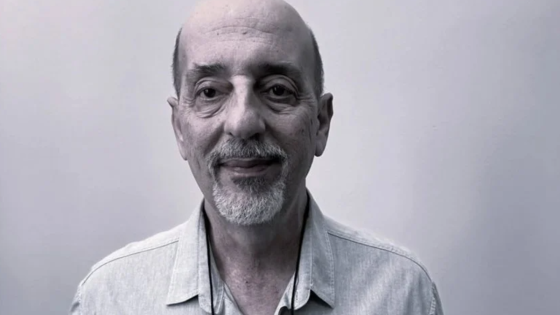On January 31, 2025, Alexander Afenyo-Markin, the Minority Leader in Ghana‘s Parliament, publicly apologized to Minister of Foreign Affairs-designate, Samuel Okudzeto Ablakwa, and his wife. This apology came after Afenyo-Markin made controversial comments during Ablakwa’s vetting process, which he later admitted were inappropriate.
- Afenyo-Markin is the Minority Leader in parliament.
- He apologized to Ablakwa and his wife.
- The apology followed comments during vetting.
- Allegations of secret vetting processes were made.
- Afenyo-Markin claimed Ablakwa "smuggled" himself in.
- Ablakwa's wife was also mentioned inappropriately.
Could a simple comment really cause such a stir? Afenyo-Markin expressed regret for any distress his remarks may have caused, especially to Ablakwa’s wife, highlighting the importance of respect in public discourse.
Afenyo-Markin’s Apology: A Lesson in Respect and Accountability
Why is accountability crucial in political discourse? Afenyo-Markin’s recent apology serves as a reminder that words matter, especially in the public eye. His comments implied that Ablakwa and his wife were not properly vetted, which led to public backlash.
Understanding the Vetting Process in Ghana’s Parliament
The vetting process for ministerial nominees is a critical aspect of governance in Ghana. It ensures that candidates are qualified and suitable for their roles. However, the recent events surrounding Ablakwa’s vetting raised questions about transparency and fairness.
Key Points on the Vetting Controversy
The controversy surrounding Ablakwa’s vetting includes several key elements:
- Accusations of “smuggling” during the vetting process.
- Afenyo-Markin’s comments about Ablakwa’s wife.
- The importance of maintaining decorum in political discussions.
- Calls for greater transparency in parliamentary proceedings.
Impact on Political Relations in Ghana
This incident may have lasting effects on political relations within Ghana’s Parliament. Afenyo-Markin’s apology could pave the way for better communication and understanding between the Majority and Minority parties. Will this lead to more respectful interactions in the future?
The Role of Media in Political Accountability
Media coverage plays a significant role in holding politicians accountable. In this case, the public’s reaction to Afenyo-Markin’s comments was amplified through various media channels, emphasizing the need for responsible reporting. How can the media continue to promote accountability in politics?
In conclusion, Afenyo-Markin’s apology is a vital reminder of the importance of respectful dialogue in politics. As Ghana navigates its political landscape, fostering open and respectful communication will be essential for progress.
































